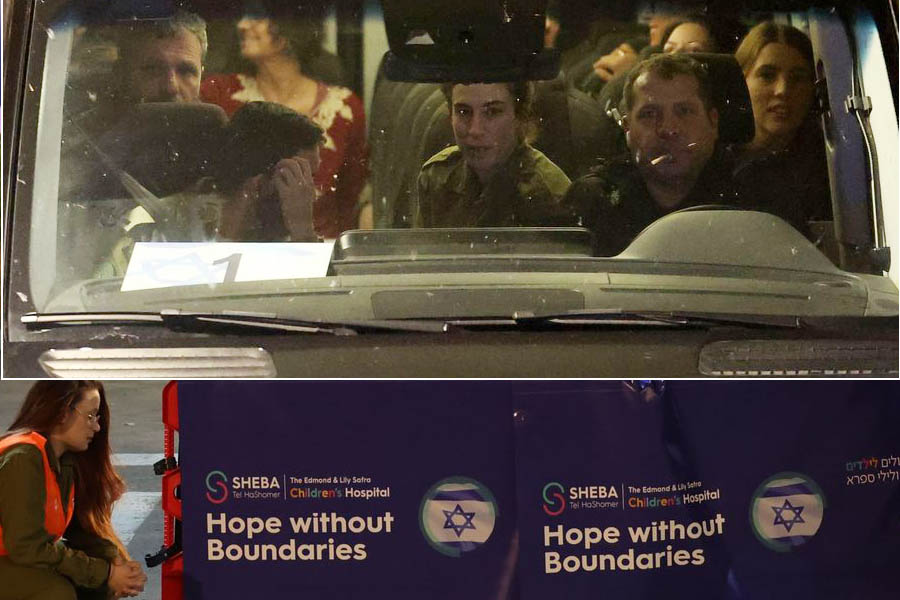
As the delicate truce between Israel and Hamas enters its third day, there is a glimmer of hope as Hamas prepares to release a third group of hostages, including U.S. citizens, in exchange for Palestinian prisoners. The negotiations, brokered by Qatar and Egypt, aim to extend the initial four-day truce, offering a temporary respite from the recent hostilities.
The Israeli government confirmed receipt of the list of names for the upcoming release, scheduled for 4 p.m. local time on Sunday. This batch includes 13 hostages, two of whom are U.S. citizens, to be exchanged for three times as many Palestinian prisoners. The terms of the agreement dictate the release of three Palestinian prisoners for each Israeli hostage.
Since the initiation of the truce on Friday, 26 Israelis, all women and children, have safely left Gaza, with an additional 15 hostages, mainly Thai citizens, released separately. The joy of their return is tempered by anxiety for the remaining 196 hostages still held in Gaza.
Sunday marks the third day of a four-day agreement that commits Hamas to releasing 50 Israeli hostages, exclusively women and children, in exchange for 150 Palestinian prisoners held by Israel. As part of this deal, a temporary cease-fire is in place, and Israel has committed to allowing at least 200 trucks carrying humanitarian aid into Gaza daily.
Qatar and Egypt are leading negotiations to extend the truce, potentially leading to the release of more hostages and prisoners in the days that follow. The hope is to build on the progress made and pave the way for a more sustainable agreement to end the violence in the region.
The release of Palestinian prisoners has been met with jubilation in the West Bank, where people waved Palestinian flags to celebrate their freedom. Meanwhile, in Israel, the reunification of hostages with their families brings a rare moment of joy since the deadly October 7 Hamas incursions in southern Israel.
However, challenges have emerged in the implementation of the agreement. On Saturday, the release of hostages was delayed due to a shortfall in the number of aid trucks reaching Gaza. The United Nations, overseeing humanitarian aid distribution, reported that 187 trucks had reached the enclave by Saturday evening.
The delivery of humanitarian aid to the north of Gaza, the focal point of Israel's war against Hamas, has been a source of frustration for the group. Hamas accuses Israel of violating the agreement by not prioritizing the release of Palestinian prisoners based on their time served.
Israeli officials attribute the delay in aid delivery to logistical problems but emphasize their commitment to increasing the number of trucks allowed into Gaza. Negotiators express cautious optimism about the release of hostages and prisoners on Sunday.
The truce's fragility became apparent on Saturday when complications almost derailed the agreement. Despite this, there is optimism about a potential extension, with both sides expressing interest in continuing the pause in hostilities.
As the world watches the unfolding events, the release of a third group of hostages, including a 4-year-old American girl, offers a glimmer of hope for a more extended truce and a path towards lasting peace in the region.